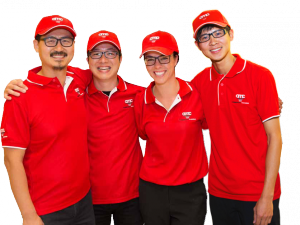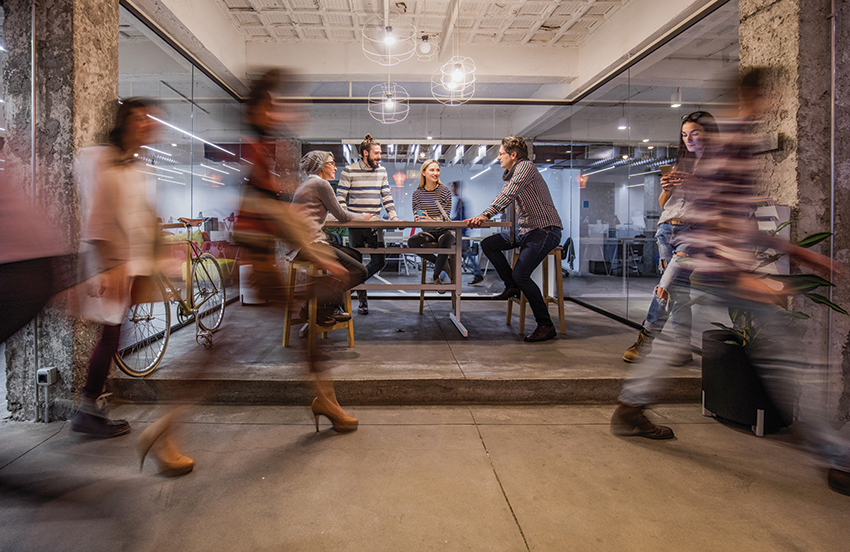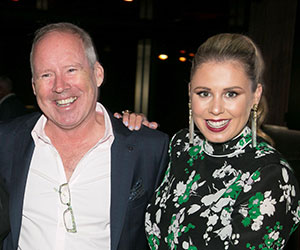
The Australasian Centre for Corporate Responsibility (ACCR) has released analysis of the first round of reporting under the Commonwealth’s Modern Slavery Act, by seven large, listed office and retail property owners.
The ACCR report, ‘Cleaning up their act?’, assesses the due diligence policies and procedures that these companies have put in place to prevent modern slavery and labour exploitation in one of their highest risk sectors: commercial cleaning.
It makes clear that the information available through the modern slavery reporting is not enough for investors to assess the effectiveness of their approaches.
The analysis found that all the property owners continued to rely on reporting mechanisms that decades of evidence show will fail to pick up instances of modern slavery and labour abuse in their supply chains.
Dr Katie Hepworth, ACCR Director of Workers’ Rights and report author, said the report looks at the largest listed office and retail property owners in Australia, Charter Hall (CHC), Dexus (DXS), GPT (GPT), Mirvac (MGR), Scentre (SCG), Stockland (SGP), Vicinity Centres (VCX), and analyses the steps they are taking to protect the cleaners in their buildings from modern slavery and labour abuse.
“Despite all of the companies making commitments to eradicate modern slavery in their supply chain, analysis shows only cosmetic compliance.
“The commercial cleaning sector is widely acknowledged as high risk for labour exploitation and modern slavery. From underpayment to excessive working hours, sexual harassment and even assault, the challenges in the sector means property owners must genuinely work with all stakeholders to improve work conditions,” Hepworth said.
“The Modern Slavery Reporting is a step in the right direction, but our analysis finds its still does not offer investors the information they need in relation to the risks presented by a company’s supply chains and commercial cleaning.
“Only one model in the market delivers effective compliance, the Cleaning Accountability Framework (CAF). Responsible property owners, Australian Super, ISPT, and CBUS Property have announced that they will certify their whole retail and office portfolios through CAF.”
CAF is a multi-stakeholder certification scheme developed to address supply chain risks in the cleaning sector. It is the only initiative in the cleaning industry that involves lead/host companies (e.g. property owners), investors and asset managers; cleaning companies; employee representatives, industry associations, and the workplace regulator (Fair Work Ombudsman).
Of the companies reviewed for this report, only two property owners have certified buildings via CAF: Vicinity Centres (one building) and Charter Hall (five buildings).
ISPT has committed to CAF Certification across its commercial office and shopping centre portfolio, and is the first company to have partnered with CAF to develop a portfolio certification model. Cbus Property has agreed to obtain 3-Star for its entire portfolio through CAF by 2022.
“If property owners do not utilise that framework then investors must demand that property owners demonstrate the effectiveness of alternative approaches,” said Hepworth.
Comment below to have your say on this story.
If you have a news story or tip-off, get in touch at info@3.106.117.80.
Sign up to INCLEAN’s newsletter.





